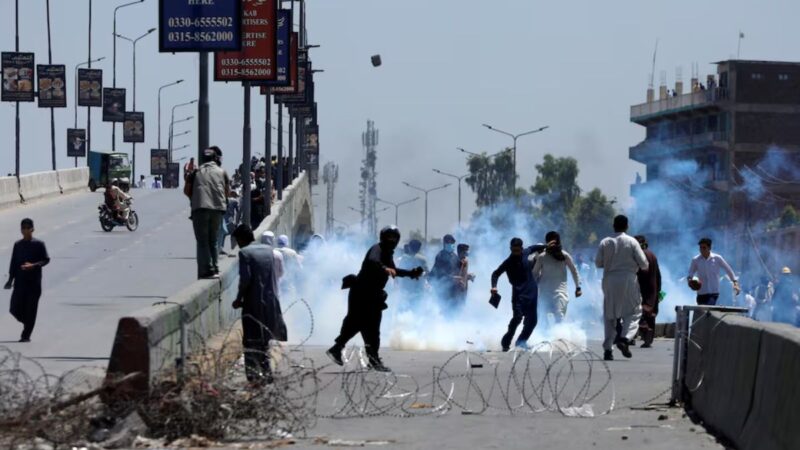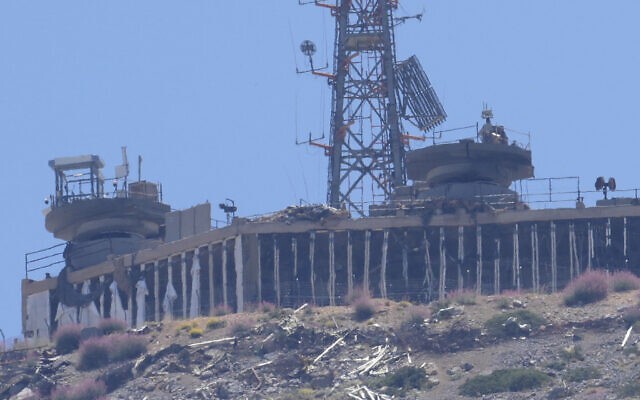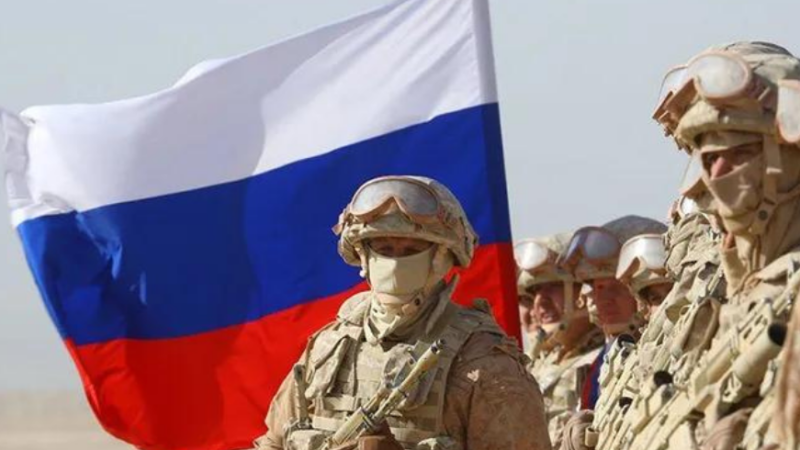Qatar stocks up 1.7% after Gulf rift breakthrough

DUBAI (Reuters) -Qatar stocks rose nearly 1.7% in early trade on Tuesday, boosted by news a breakthrough had been reached in Qatar’s three-year-old dispute with Saudi Arabia and three other Arab countries.
Saudi Arabia’s Crown Prince Mohammed bin Salman welcomes Qatar’s Emir Sheikh Tamim bin Hamad al-Thani upon his arrival to attend the Gulf Cooperation Council’s (GCC) 41st Summit in Al-Ula, Saudi Arabia January 5, 2021. Bandar Algaloud/Courtesy of Saudi Royal Court
At 0638 GMT, Qatar’s key index was up 177.17 points at 10,654.29 points, with banks and industrial stocks driving the gains.
The Saudi market was up just 0.13% in early trade, but dairy firm Almarai surged as much as 3.8% on expectations that an opening of trade between Saudi Arabia and Qatar will revive its sales to Doha.
As part of the deal, Saudi Arabia will reopen its airspace and land and sea border to Qatar as of Monday, Kuwaiti Foreign Minister Ahmad Nasser al-Sabah said on Kuwait TV ahead of a Gulf Arab summit in Saudi Arabia on Tuesday.
Saudi Arabia, the United Arab Emirates, Bahrain and Egypt have imposed a diplomatic, trade and travel embargo on Qatar since mid-2017 accusing it of supporting terrorism. Qatar denied the allegation and said the embargo aimed to undermine its sovereignty.
“While this is undoubtedly positive news, and Qatari listed equities should enjoy a sentiment rally, the impact on fundamentals is likely to be modest,” said Akber Khan, Akber Khan, head of asset management at Al Rayan Investment in Doha.
“From an economic perspective, regaining some or all of the one million Saudi tourists that used to visit each year would obviously be welcome,” Khan said, adding football fans living in Bahrain, Saudi and the United Arab Emirates (UAE) are key beneficiaries.
Qatar is scheduled to host the football World Cup in 2022.
Fitch Ratings said last month improved regional relations would bolster prospects for Qatar’s non-oil economy over the medium term, once the impact of the COVID-19 pandemic fades.
The breakthrough comes as states in the Gulf oil exporting region battle significantly wider fiscal deficits due to the coronavirus crisis and last year’s oil price shock.
Oil prices have recovered since tumbling to their lowest in almost two decades in 2020 as the pandemic hit demand, but they are still largely below pre-COVID levels.
Crude oil prices provide a benchmark for gas prices, which has an impact on Qatar as one of the world’s biggest liquefied natural gas (LNG) exporters.






